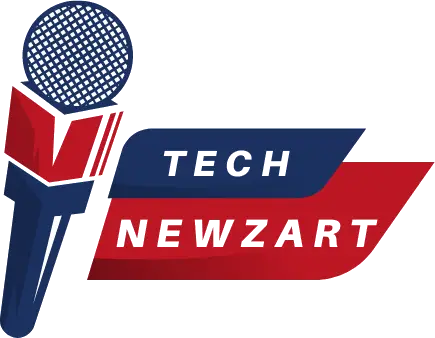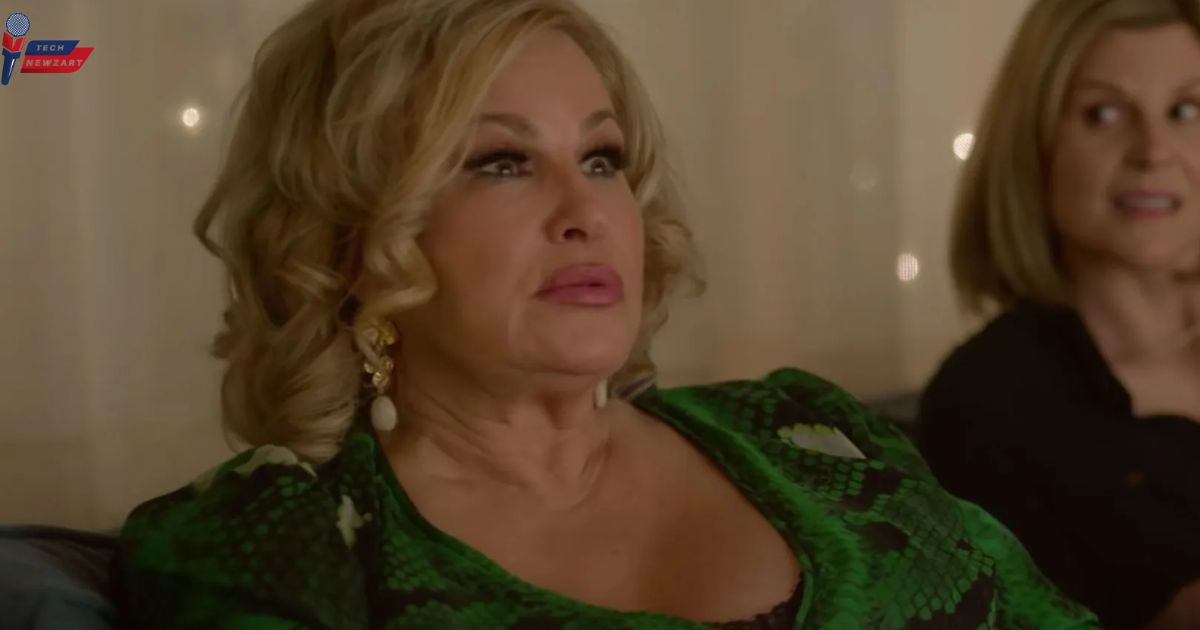Introduction
Ever wondered about the incredible journey of the LGBTQ+ community? The importance of representation cannot be overstated, and today, we’re diving into “justthegays,” a concept celebrating the vibrancy and resilience of this community. From historic milestones to modern-day achievements, let’s explore the essence of LGBTQ+ culture and activism.
The Evolution of LGBTQ+ Rights
Early Struggles and Milestones
Stonewall Riots
It all started on a hot summer night in 1969 at the Stonewall Inn in New York City. The LGBTQ+ community, fed up with constant harassment and discrimination, resisted the police raid. This led to the Stonewall Riots, a pivotal moment in the fight for LGBTQ+ rights. These riots mobilized activists and led to the formation of several advocacy groups, laying the groundwork for future developments.
The Fight for Marriage Equality
Fast forward a few decades, and the fight for marriage equality took center stage. After years of legal battles and advocacy, the US Supreme Court ruled in 2015 that same-sex marriage is a constitutional right. This historic decision not only reaffirmed the love and commitment of countless couples but also marked an important step towards equality.
Modern Achievements and Ongoing Battles
Legal Rights and Protections
Today, LGBTQ+ individuals enjoy many legal rights and protections that were unthinkable just a few decades ago. Anti-discrimination laws, adoption rights, and protections against hate crimes have all seen progress. However, there is still work to be done, especially in areas where laws are outdated or unenforceable.
Social Acceptance and Visibility
Beyond legal rights, social acceptance and visibility have increased. LGBTQ+ characters and stories are more popular in the media, and Pride events have become major cultural events. Despite this progress, challenges remain, particularly for transgender individuals and people of color in the community.
Cultural Impact of the LGBTQ+ Community
Influence on Media and Entertainment
LGBTQ+ Representation in Film and TV
From “Will & Grace” to “Pose,” LGBTQ+ representation in film and TV has come a long way. These shows not only entertain but also educate the audience about the diverse experiences of LGBTQ+ individuals. Representation matters, and seeing yourself reflected on screen can be incredibly affirming.
Music and LGBTQ+ Artists
Music has always been a powerful medium for expression, and LGBTQ+ artists like Freddie Mercury, Elton John, and Lil Nas X have made important contributions. His work not only entertains but also challenges social norms and inspires countless fans.
Contributions to Arts and Literature
Iconic LGBTQ+ Artists and Authors
The arts have long been a haven for LGBTQ+ expression. Famous figures such as Andy Warhol, Frida Kahlo, and James Baldwin have left indelible marks on their respective fields. His work explores themes of identity, love and struggle, resonating deeply with both LGBTQ+ and wider audiences.
Queer Themes in Literature
Queer themes in literature provide a rich tapestry of stories that explore the complexities of LGBTQ+ life. Authors such as Virginia Woolf, Audre Lorde, and Alison Bechdel have written works that challenge conventions and offer poignant insights into the human experience.
The Role of LGBTQ+ Activism
Grassroots Movements
Local Community Initiatives
Grassroots movements are the lifeblood of LGBTQ+ activism. Local initiatives, whether it’s a support group or a community center, provide important resources and a sense of belonging. These efforts often lay the foundation for broader change, fostering a sense of solidarity and empowerment.
Pride Parades and Events
Pride parades and events are vibrant celebrations of identity and resilience. They offer a space for LGBTQ+ people to freely express themselves and celebrate their community. These events also serve as powerful reminders of the ongoing fight for equality and acceptance.
Major LGBTQ+ Organizations
GLAAD
Gay and Lesbian Alliance Against Defamation (GLAAD) plays an important role in shaping media representation. By holding the media accountable, GLAAD ensures that LGBTQ+ stories are told with authenticity and respect, promoting positive visibility.
The Trevor Project
The Trevor Project focuses on crisis intervention and suicide prevention for LGBTQ+ youth. Their work is important in providing support and resources to young people who are struggling with their identity in a world that is not always accepting.
Challenges Faced by the LGBTQ+ Community
Discrimination and Hate Crimes
Despite progress, discrimination and hate crimes remain significant problems. LGBTQ+ people often face discrimination in various aspects of life, from employment to health care. Continual advocacy and education are needed to combat these injustices.
Mental Health Issues
Mental health is a major concern in the LGBTQ+ community. Factors such as discrimination, rejection, and social pressure can lead to high rates of anxiety, depression, and suicide. Access to mental health services and a supportive environment is critical to well-being.
Homelessness and Economic Disparities
Homelessness disproportionately affects LGBTQ+ youth, many of whom are rejected by their families. Additionally, economic disparity can limit access to education and employment opportunities. Targeted support and comprehensive policies are needed to address these issues.
The Power of Allyship
How to Be a Better Ally
Educating Yourself
Being a good ally starts with education. Understanding the history, struggles and successes of the LGBTQ+ community helps to be supportive and empathetic. Resources such as books, documentaries, and workshops can provide valuable insight.
Speaking Up Against Discrimination
Silence can be involved. Speaking out against discrimination and prejudice, whether in the workplace, in social settings, or online, is important. Allies can use their privilege to amplify LGBTQ+ voices and advocate for change.
Supporting LGBTQ+ Businesses and Creators
Supporting LGBTQ+ businesses and creators is a tangible way to show solidarity. From buying products to promoting their work on social media, everything helps build a more inclusive economy and culture.
Future of LGBTQ+ Rights and Culture
Emerging Trends and Movements
The future holds the promise of emerging trends and movements that push for equality. Intersectionality, which recognizes the overlapping forms of discrimination individuals face, is gaining traction. This approach ensures a more inclusive fight for rights.
The Role of Technology and Social Media
Technology and social media play an important role in connecting and mobilizing the LGBTQ+ community. Online platforms provide spaces for expression, collaboration, and activism, making it easier to share stories and organize efforts globally.
Hopes for the Next Generation
The next generation is carrying the torch of development. With greater acceptance and visibility, there is hope for a future where LGBTQ+ individuals can live authentic lives without fear. Education, advocacy, and coalitions will continue to drive this evolution.
Conclusion
From historic milestones to modern achievements, the LGBTQ+ community’s journey has been one of resilience and triumph. As we celebrate “justthegays,” it’s vital to continue advocating for equality and support. Whether through activism, solidarity, or simply celebrating LGBTQ+ culture, everyone has a role to play in creating a more inclusive world.
FAQs
What does “LGBTQ+” stand for?
LGBTQ+ means gay, lesbian, bisexual, transgender, queer or questioning, and others. “+” includes additional sexual orientations and gender identities.
How can I support my LGBTQ+ friends and family?
Support can be shown through acceptance, listening, and educating yourself about LGBTQ+ issues. It is also important to stand up against discrimination and be an active ally.
What are some important LGBTQ+ historical events?
Major events include the Stonewall riots, the first Pride March, and the legalization of same-sex marriage in various countries. Each milestone has contributed to the advancement of LGBTQ+ rights.
How do I get involved in LGBTQ+ activism?
Getting involved can be as simple as joining local LGBTQ+ organizations, attending Pride events, or advocating for inclusive policies. Volunteering and donating to LGBTQ+ causes also makes a difference.
Why is representation important in media?
Media representation validates the experiences of LGBTQ+ individuals and educates a wider audience. It promotes understanding, reduces stereotypes, and promotes acceptance.

